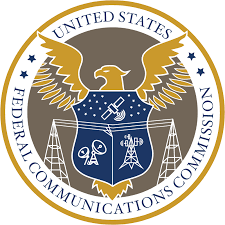Congress Could Soon Decide Fate And Future Of Affordable Connectivity Program
It may not generate a lot of headlines in a national press obsessed with AI and billionaire fist fights, but the debate over the final version of the looming farm bill remains important all the same. Especially when it comes to the future of affordable broadband.
The farm bill, generally renewed every five years, provides U.S. policymakers the occasional opportunity to address agricultural and infrastructure issues essential to not only the basic functioning of the country, but the very survival of marginalized Americans.
That includes programs like the Supplemental Nutrition Assistance Program (SNAP, or “food stamps”), which provides affordable food to an estimated 41.9 million Americans–or roughly 12.5 percent of the U.S. population.
The bill has also proven essential to the ongoing maintenance and equitable distribution of modern infrastructure, including affordable broadband access. That includes the funding of essential programs such as the U.S Department of Agriculture’s ReConnect broadband grant program, and the Community Connect Grants program.

The farm bill may also soon play a key role in maintaining another key government program: the $14 billion Affordable Connectivity Program (ACP) currently overseen by the Federal Communications Commission (FCC).
Both Band Aid And Key Lifeline




